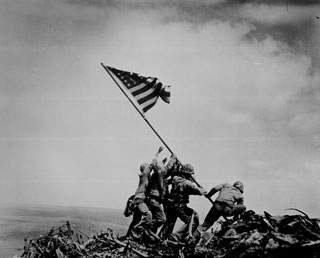"The ongoing battle between the United States government and Silicon Valley tech companies over encryption exploded last week when a federal judge ordered Apple to unlock an iPhone. In doing so, the government invoked a 227-year-old law signed by President George Washington, himself. But what does one of the United States’ earliest laws have to do with the latest in communications technology?
To make a long story short, Apple has so far refused to comply with government agents, who have demanded that the company helps break the encryption on the iPhone that belonged to one of the San Bernardino shooters responsible for killing 14 people in California, last year. Since the attacks, the F.B.I. has received a warrant for the information on the iPhone, but they have been stymied by its encryption, which is why they’re looking for Apple’s help. In an attempt to make Apple create a backdoor into the phone’s operating system, the U.S. government has invoked the
All Writs Act of 1789.
The legal issues around the All Writs Act are complex, but at its core, it gives federal judges the power to issue orders to compel people to do things within the limits of the law, Eric Limer writes for
Popular Mechanics. In its original form, the All Writs Act was part of the Judiciary Act of 1789, which established the federal justice system from the Supreme Court down to the lower federal courts. The All Writs Act allows federal judges the power to issue court orders, which makes sense considering that "writs" is an old-fashioned term for "
formal order." At one point in history, writs were fairly common, but over the centuries, courts have tended to use them only in extraordinary circumstances where there are no other laws that apply to the situation at hand, such as this case, where the government wants access to information in a password-protected cell phone. The vagueness built into the All Writs Act has leant itself to new readings throughout American history,
Laura Sydell reports for NPR..."
iPhone & All Writs Act

